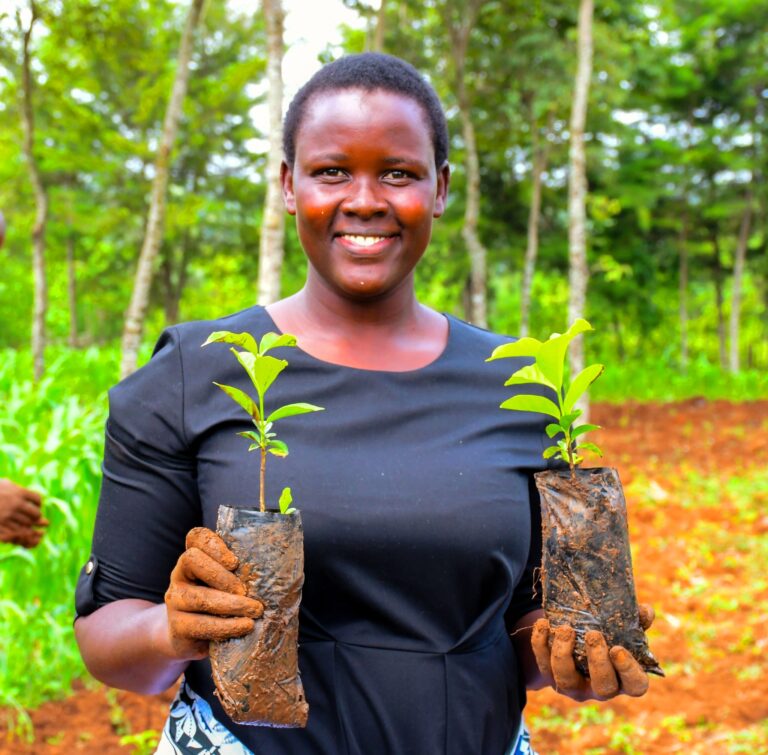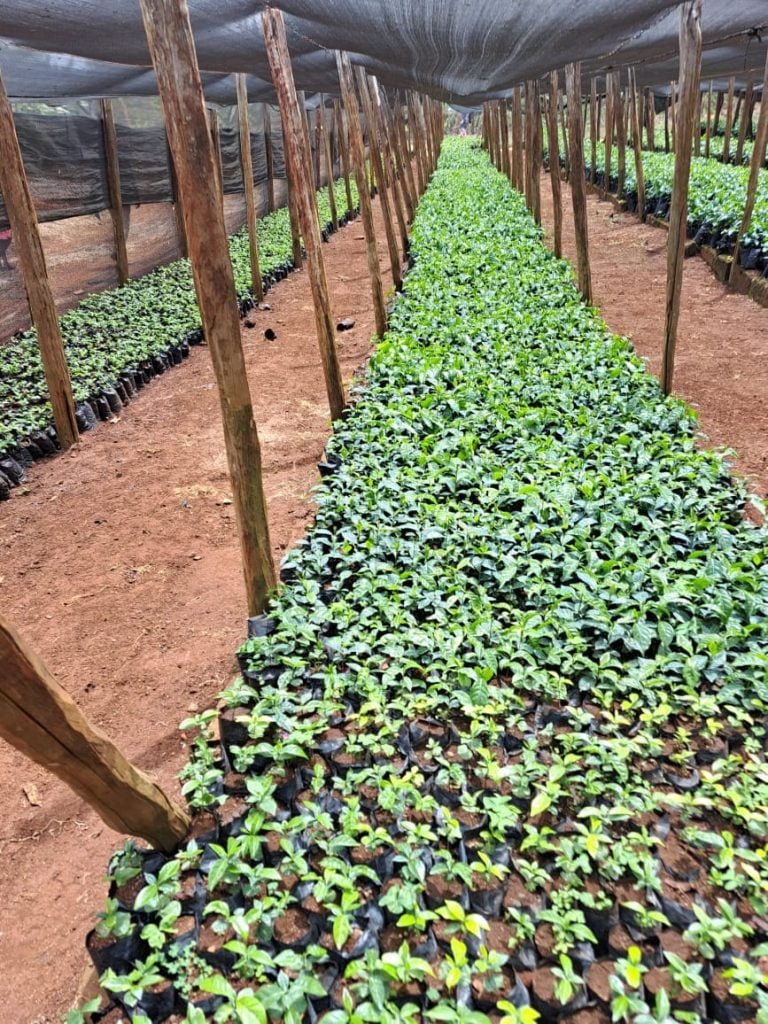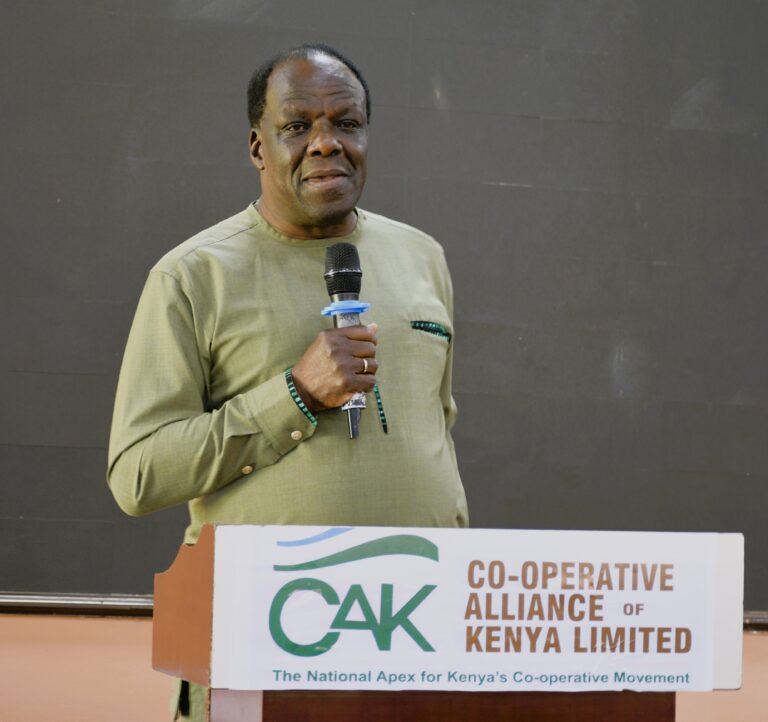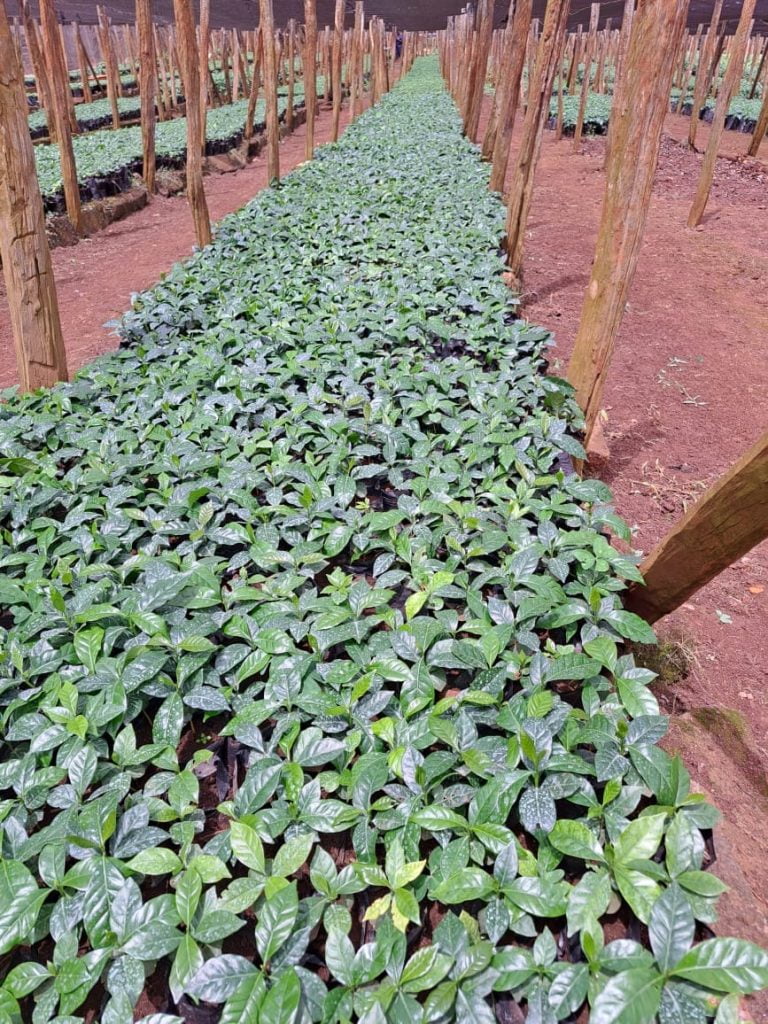By Kimuri Mwangi
Decreased production and weak governance in cooperative societies are among the major challenges facing the coffee sector in Kenya.
The CS, Ministry of Co-operatives and MSMEs Development Wycliffe Ambetsa Oparanya says that coffee production has decreased dramatically from a peak of 128,000 metric tonnes in 1989 to 34,500 metric tonnes in 2020-2021.
“Factors such as high input costs, shrinking coffee growing areas, delayed payments, climate change and fluctuating market prices have compounded these issues. Additionally, weak governance in cooperative societies and outdated legislation have hindered the sector’s growth potential,” says the CS.
Speaking during the launch of the New KPCU Strategic Plan for 2023-2027, the Cs said that through Executive Order No. 2 of 2023, the government reaffirmed its commitment to reforming the coffee, tea, and dairy sectors which has enabled it to address long-standing challenges through policy, legal, and administrative measures.
“Some of these key reforms include, the development of coffee policy, the Coffee Bill, the Cooperative Bill 2024, that are meant to address various issues, including governance in the coffee sector. Number two is restructuring of the Nairobi Coffee Exchange and enabling coffee cooperative unions to actively participate in auctions. Number three, operationalising of the Direct Settlement System, (DSS) which has significantly reduced delays in payment to farmers,” opined Oparanya.
On cooperative development, the CS said that the government is also streamlining the role within the coffee value chain by separating milling, marketing and cooperative development to develop a dividend policy for cooperatives. Noting that some cooperatives have in the past been declaring dividends without enough funds, he added that this will ensure that no cooperative borrows to pay dividends or declare dividends when they have made losses saying “to this end, the spirit of cooperative movement, service to members, as opposed to profiteering, must be preserved.”
Oparanya also emphasised on the critical role that governance plays in the cooperative movement: “In this respect, we are developing a cooperative guide, similar to the Muongozo Code of Ethics for state corporations that will provide a blueprint for the management of cooperatives.”
The CS said that he has also embarked on a mission to discuss and sensitize leaders and the farmers about the challenges and possible solutions. He plans to meet with all Members of Parliament from areas where coffee is grown.












